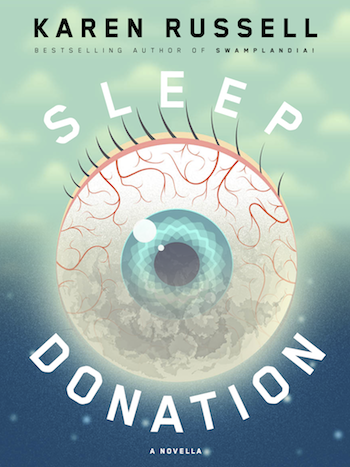
The Choke Artist
Henry Heimlich saved untold choking victimes when he invented his maneuver in 1974. Since then, he’s searched in vain for another miracle treatment—pushing ethical boundaries along the way. Now at the end of his career, Heimlich has hired an investigator to find an anonymous critic working full-time to destroy his legacy.










